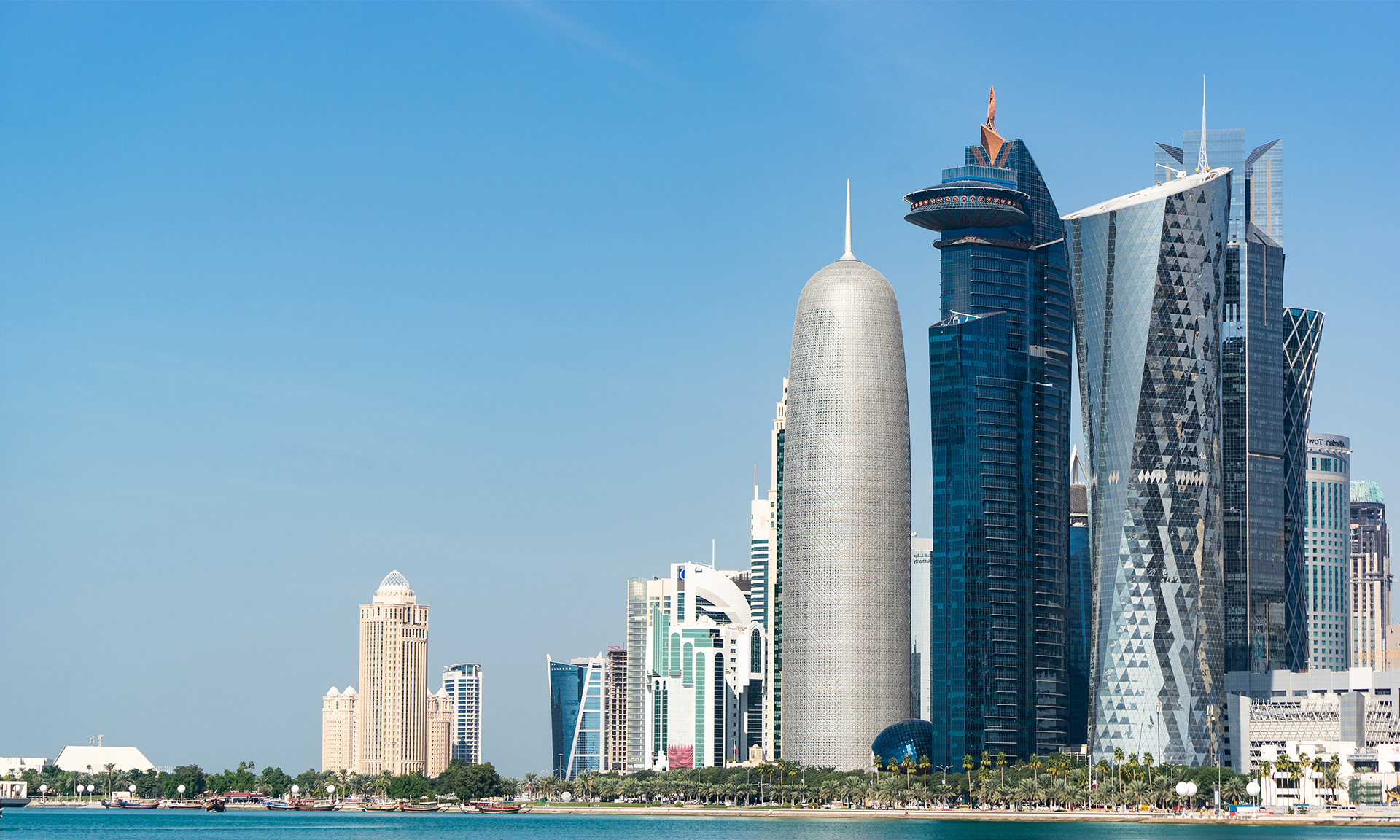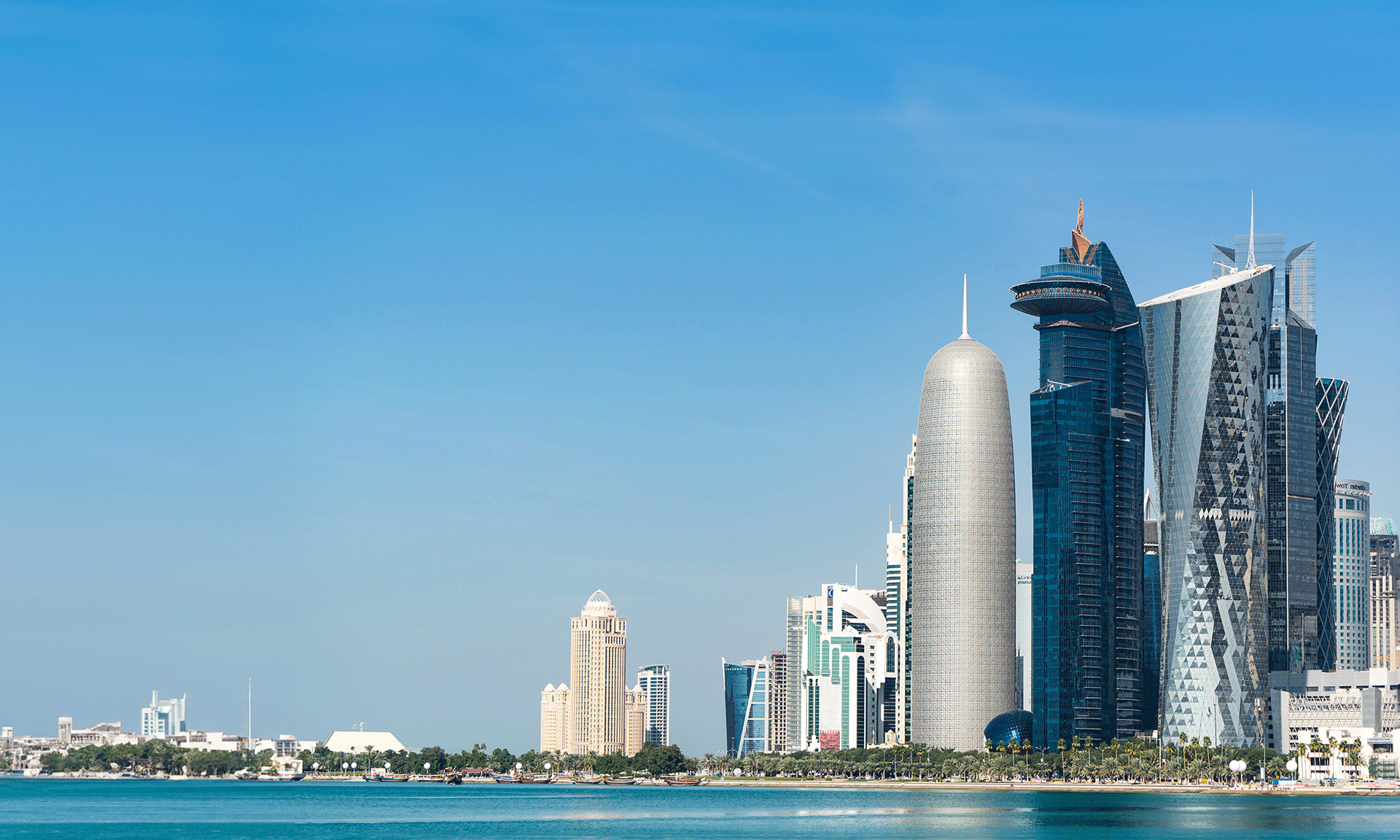Overview
Qatar formally called the State of Qatar. The capital is Doha. It is a sovereign Arab emirate, placed Western Asia. Qatar has the world’s third biggest characteristic gas saves and oil holds. Qatar has one of the quickest developing economies on the planet. To achieve better profits of investor it has adopted open market policy. It is essential to note that foreign direct investment is promoted and foreign entities are welcomed in Qatar to help grow the economy. In addition, there are various incentives available to attract foreign capital including tax breaks and exemptions from customs duty. The Qatar Investment Authority is established by the government for the purposes of company registration and company formation in Qatar. This article follows details involved during company setup in Qatar.
Company Registration & Company Formation in Qatar
- With specific special cases, Qatar’s foreign investment law limits foreign ownership of local entities to 49% of the entity’s capital for a company setup
- An LLC company formation in Qatar is the most commonly used business entity
- Foreign investment is not allowed in commercial agencies and real estate
- The representative company formation in Qatar is 100% foreign owned and controlled, it is not allowed to make direct sales in Qatar. Such an office will only engaged in activities such as promoting the business of the parent company and market research
Company Registration & Company Formation in Qatar
- With specific special cases, Qatar’s foreign investment law limits foreign ownership of local entities to 49% of the entity’s capital for a company setup
- An LLC company formation in Qatar is the most commonly used business entity
- Foreign investment is not allowed in commercial agencies and real estate
- The representative company formation in Qatar is 100% foreign owned and controlled, it is not allowed to make direct sales in Qatar. Such an office will only engaged in activities such as promoting the business of the parent company and market research
Accounting & Tax
- The corporate income tax rate has been cut to a flat rate of 10%.There is no personal income tax in Qatar
- Qatar has 33 Agreements for the Avoidance of Double Taxation
Timeframe for Incorporation2 weeks
| Type | Limited Liability Company (WLL) |
| Under Qatar law, foreigners can own | 100% |
| Share Capital | QR 200,000 |
| Directors | One |
| Shareholders | Two |
| Memorandum & Article of Association | Yes |
| Can the entity hire expatriate staff in Qatar | Yes |
| Qatar Resident Secretary Required | Yes |
| Statutory audit required | Yes |
| How long to open Corporate Bank Account? | 2 weeks |
| Annual Return | Must be filed |
| Annual Tax | Must be filed |
| Access to Qatar double tax treaties | Yes |



























 IMC Group
IMC Group